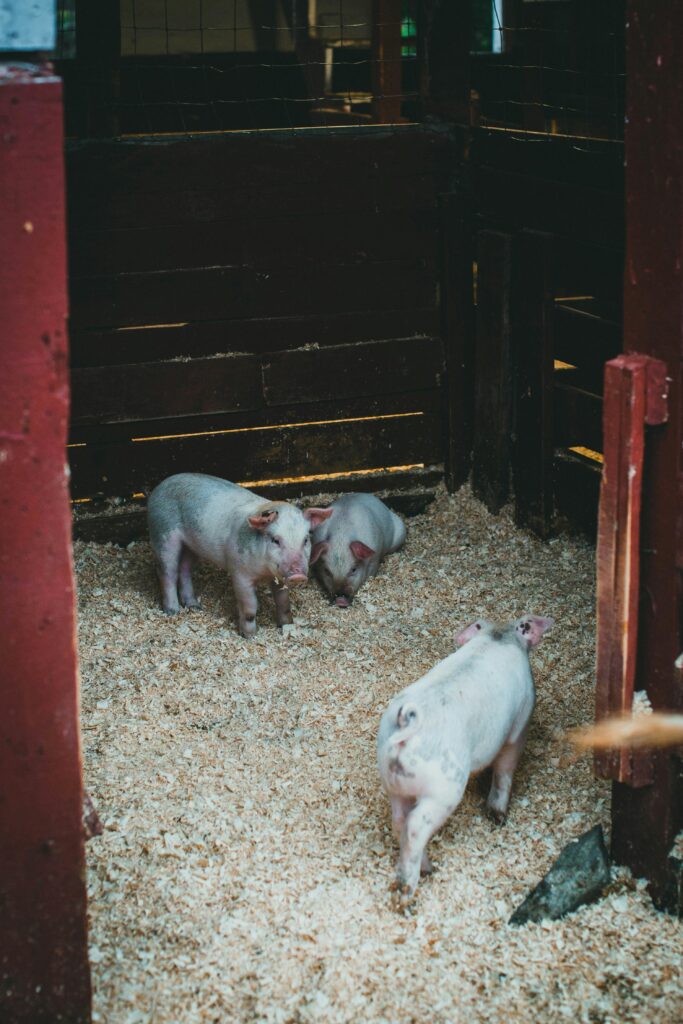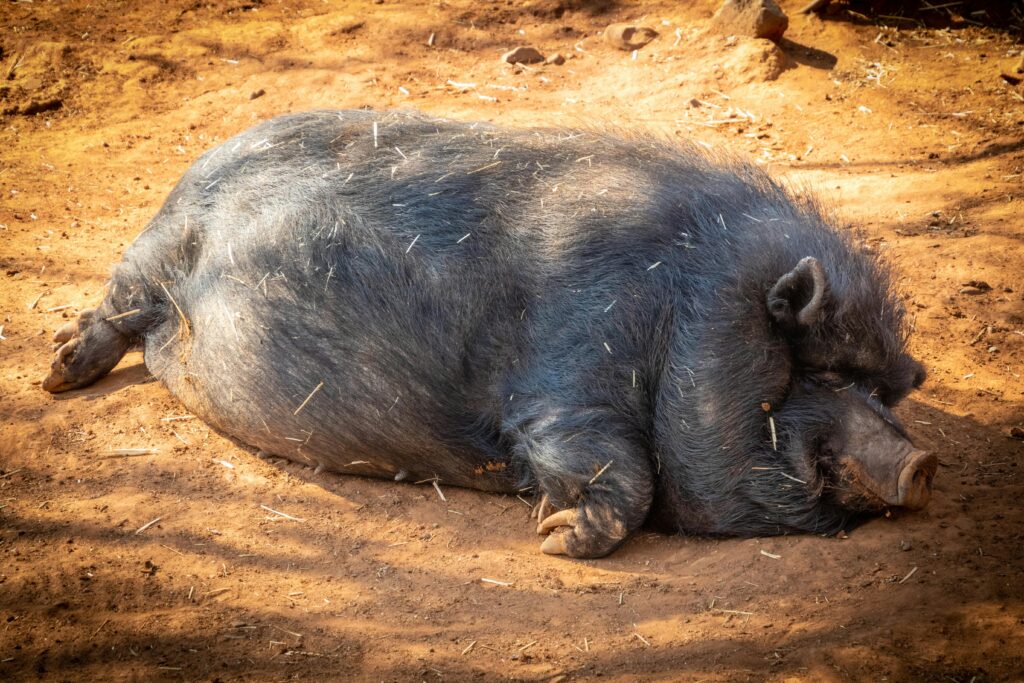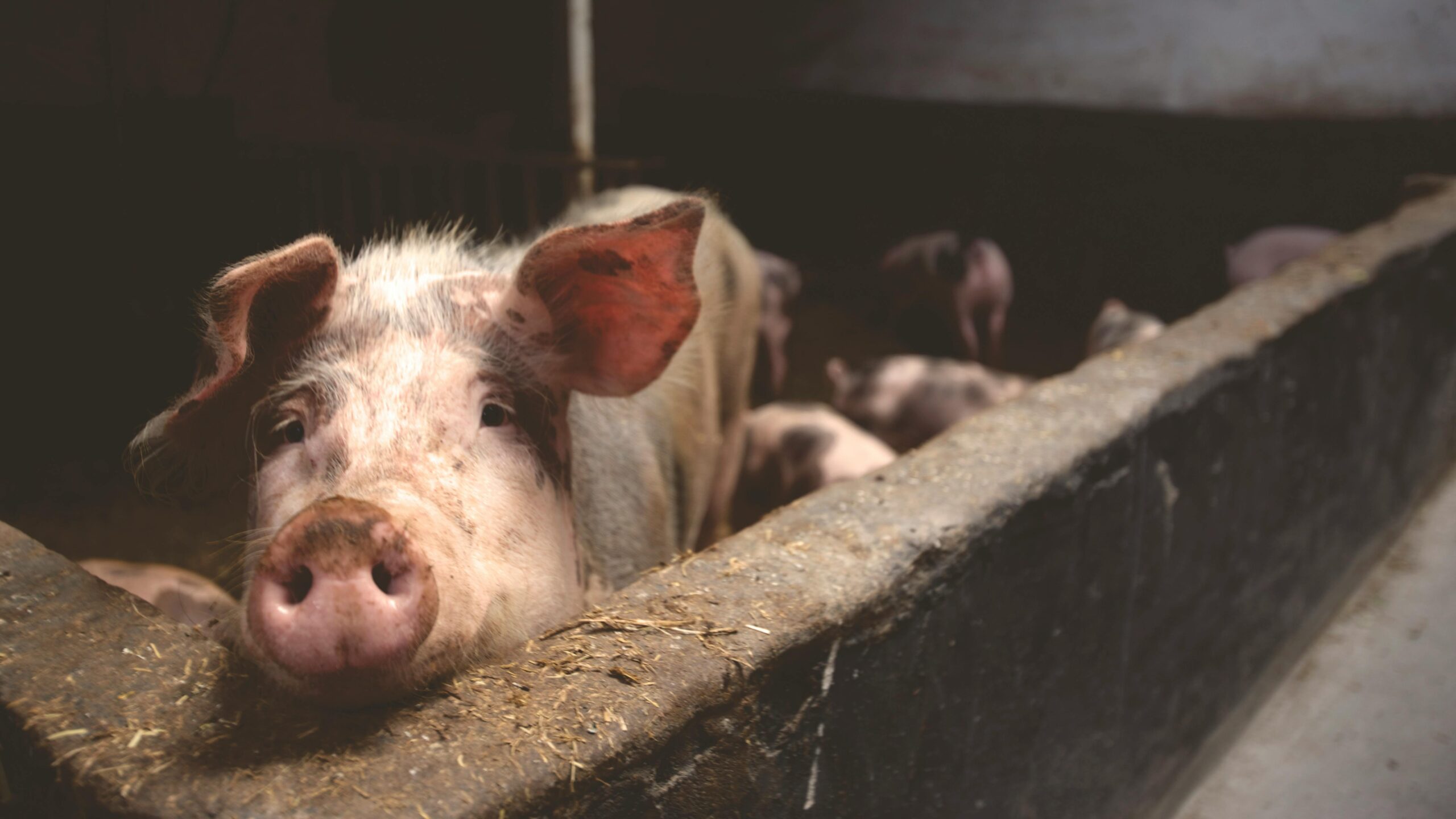Zimbabwe has seen a different kind of career move with professionals abandoning their posts to take up farming. Ever since the country embarked on the land reform programme where ordinary Zimbabweans with no farming experience got pieces of land, thousands have taken up agriculture. From civil servants to private sector employees, the land reform programme spawned a trend where professionals have left their office jobs to get their hands dirty as full-time farmers.
The promise of steady incomes in the agriculture sector has had different outcomes as these professionals seeked livelihoods outside what is considered “formal employment”. One of the areas that have witnessed growing interest is piggery. Like other sectors, the pork industry has seen its fair of challenges with the closure of some of the country’s major pig processing companies. Yet for unskilled aspiring farmers, pigs are seen as relatively easy to breed. This has attracted former civil servants such as Lovemore Siziba who left his government job a few years ago. Many people believe pigs “feed themselves” and are prolific breeders, but Lovemore says he has learnt the hard way that popular beliefs do not always apply when in a business such as his.

Even though pigs are generally fat, it does not mean they can eat just anything they come across. (source: Pexels)
“I got into piggery because of popular beliefs that these animals are easy to keep or raise,” Lovemore said. Starting off with one boar and four sows, Lovemore imagined he would sit back and watch his pigs multiply but that is not how it works. Operating from a piece of land he got from government on the outskirts of Bulawayo, it meant he had to be hands-on. When he was not able to be on the farm, he hired assistants to take care of the project. He was to later learn rather painfully that this was and is no way of doing business.
“You need to keep the pigsty clean. You need to feed them, you need to monitor their health,” he said after three of the sows mysteriously died. “I have come to appreciate that raising livestock is a specialised field much like everything else,” he added. He has since started afresh with better focus, better research, and a zeal to make sense of why he left his government job to go into full-time piggery.
“When you have land, you are better off because you do not have to worry about the long term plans of your project,” Lovemore said. “The problem is how you use the land and what projects you embark on,” he added. Many Zimbabweans who received land under the government programme, have been criticised for under-utilising the land, and the authorities have in fact confiscated and re-allocated the land. Mavis Hlabangana is another government employee who left her post to take up full-time farming in her government allocated piece of land. She also took up piggery, she says, because she did not think it required a lot of resources.
“It has always been the assumption that pigs just roam and eat whatever they come across that’s why they are fat,” Mavis said. “But if you want to raise pigs as a business, I have learnt that is the last thing you want to do. These animals need proper feeding,” she said. After many false starts, she says she has established networks with other pig breeders to share tips on how to derive value from their projects.
“For example, I have learnt that butcheries do not just buy your pigs, but they look for other things that many people do not even think about. Fat to meat ratio, the colour of the pig’s coat, inspect the feet, the ears and so on. All that is possible from proper care – not just raising the pigs like they do in rural areas,” Mavis says.
Sustaining these livestock operations has meant relying on your own resources, Mavis says, despite bodies such as the European Union supporting registered pig producers with training and other assistance to ensure quality pork production.

Even though pigs are generally fat, it does not mean they can eat just anything they come across. (source: Pexels)
“You must have some sort of backup plan. It doesn’t make sense to leave your regular job and embark on a project like piggery and then fail before you even start,” she said. For her, resources have come from diaspora remittances that have enabled her to try and professionalise her piggery project with properly ventilated pigsties, medicines, and feed.
“If properly done, there is no reason for an office job,” she says. Yet hers is one of a few stories of boars and sows breeding hope as she tells of other colleagues who have found the going tough and abandoned their government-issued land altogether to return to their office jobs.








